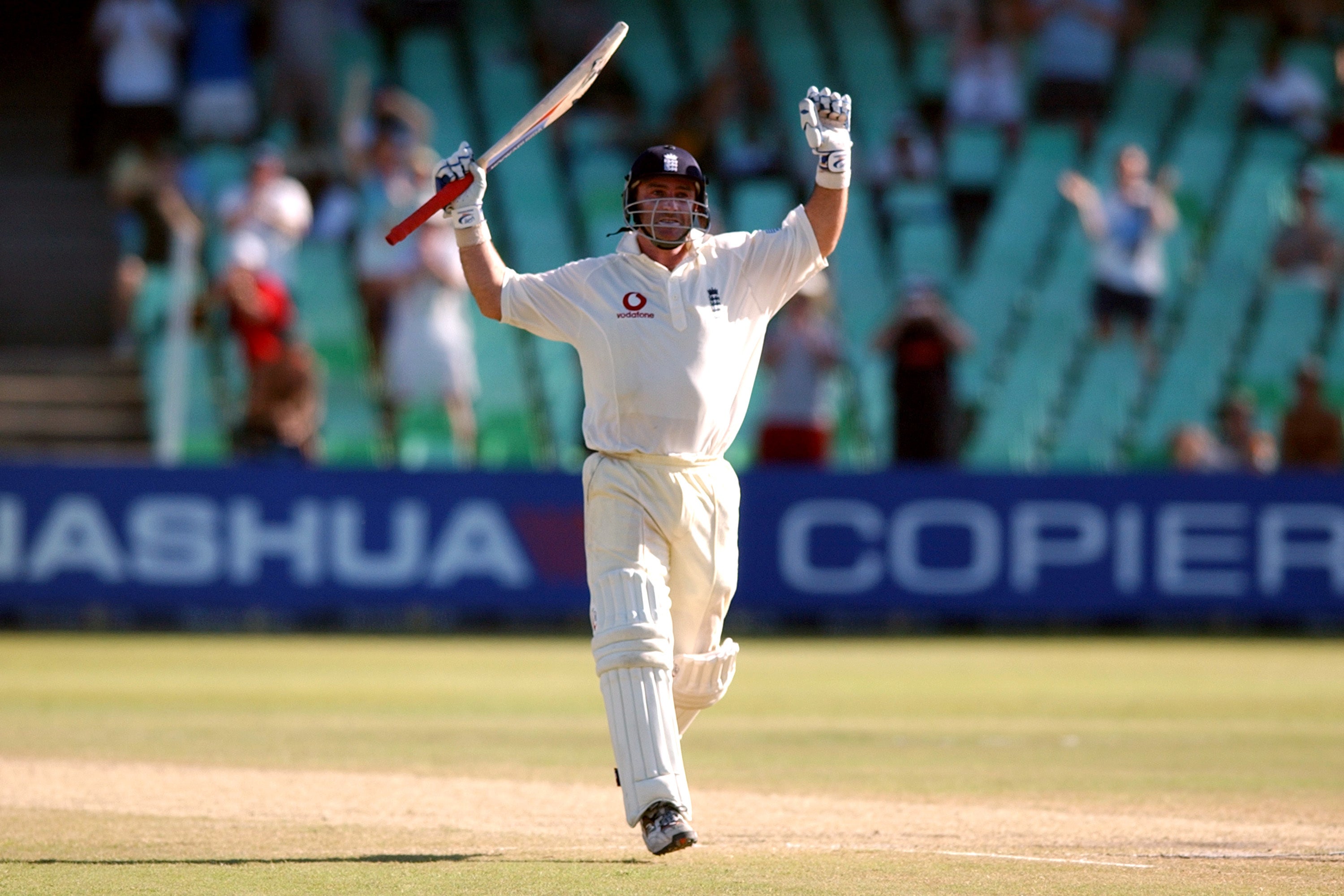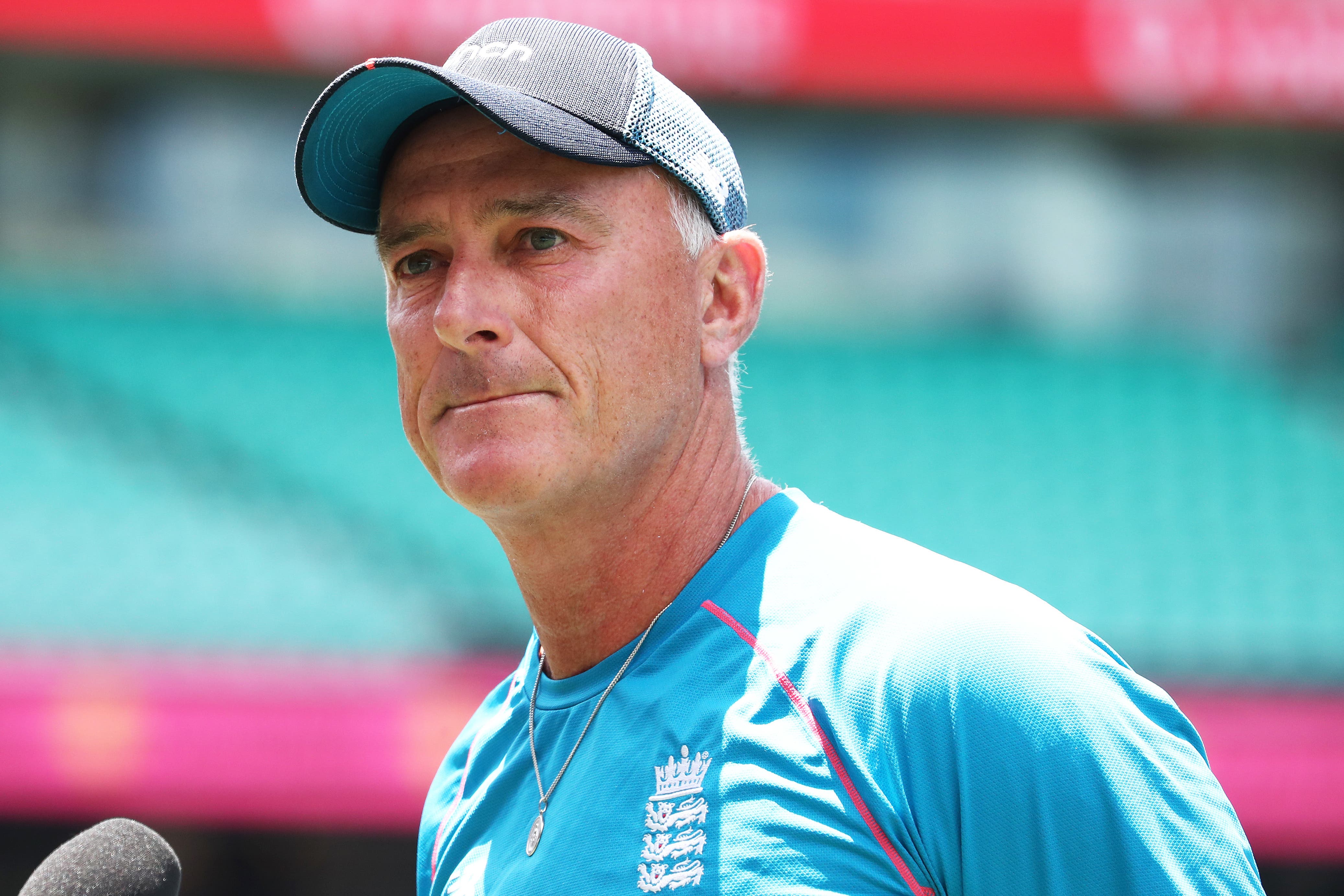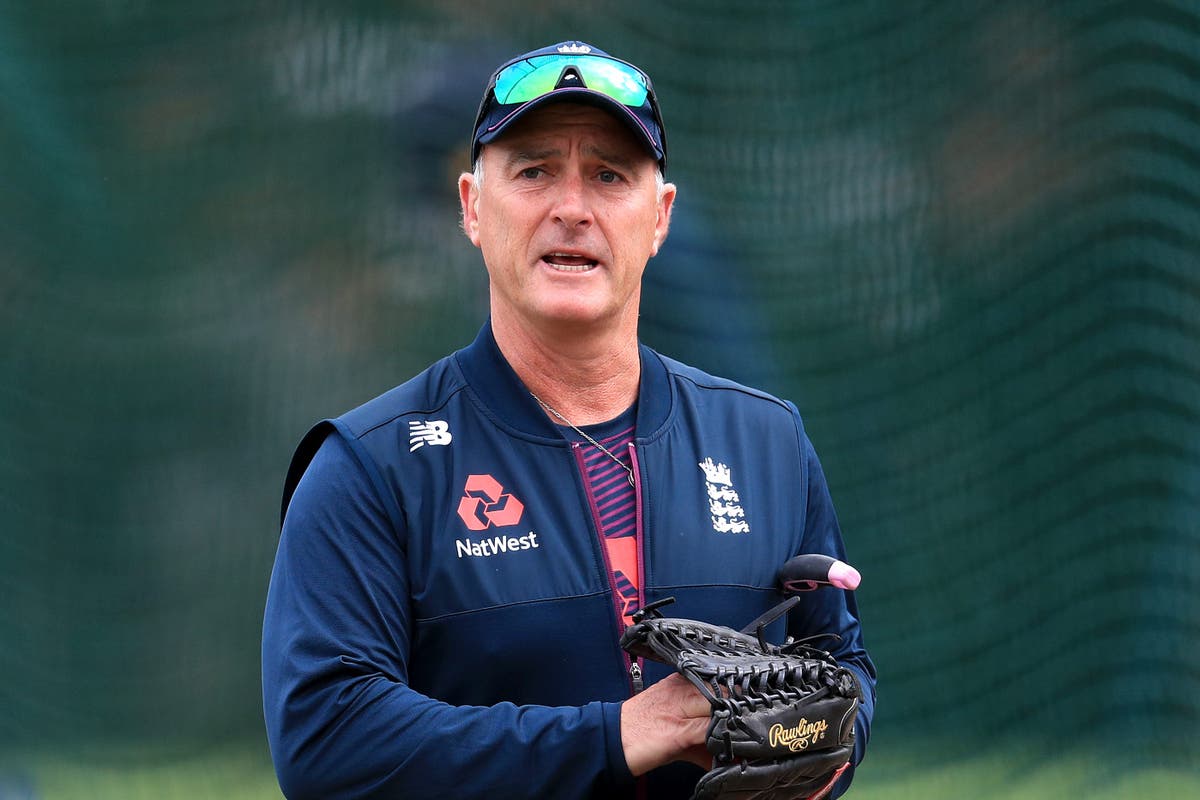Former England cricketer Graham Thorpe died after being hit by a train, an inquest has heard.
Tributes flooded in for one of the nation’s best Test players after the England and Wales Cricket Board announced last week that he had died at the age of 55.
The inquest into the former batter’s death began at Surrey Coroner’s Court in Woking on Tuesday, with the coroner having received a referral from British Transport Police.

His wife Amanda Thorpe said this week that he took his own life, telling The Times: “Graham was renowned as someone who was very mentally strong on the field and he was in good physical health. But mental illness is a real disease and can affect anyone.
“Despite having a wife and two daughters whom he loved and who loved him, he did not get better.
“He was so unwell in recent times and he really did believe that we would be better off without him and we are devastated that he acted on that and took his own life.”
Thorpe’s daughter Kitty said the family “are not ashamed” of talking about his death, adding: “There is nothing to hide and it is not a stigma.”
At the opening of the inquest on Tuesday, area coroner Simon Wickens offered his “sincere condolences” not just to Mr Thorpe’s family, but to “all those touched by his life and career”.

The former batter died on the morning of August 4 having suffered “traumatic injuries” during the incident at Esher railway station, the short hearing was told. Mr Wickens recorded his cause of death as one of multiple injuries.
A date for the full inquest will be fixed at a later time.
Thorpe was a mainstay in the England set-up for many years, first as a batter between 1993 and 2005 before he spent 12 years in coaching roles, but was admitted to hospital in May 2022 and declared “seriously ill”.
During a distinguished international career, he struck 16 Test hundreds for England, including a debut century against Australia at Trent Bridge in 1993, and represented his country 182 times in all formats.
Current Test players Ben Stokes, Joe Root and Ben Duckett hailed Thorpe after the news of his death emerged, while retired England bowler Stuart Broad described him as a “wonderful person”.
Charities praised the Thorpe family for being open about what happened, with the Samaritans chief executive saying it is “really important” to have honest conversations about suicide.
Julie Bentley added: “Talking openly can help to break the stigma surrounding the subject and can encourage people who are struggling to get the vital support they need.”
If you are experiencing feelings of distress, or are struggling to cope, you can speak to the Samaritans, in confidence, on 116 123 (UK and ROI), email jo@samaritans.org, or visit the Samaritans website to find details of your nearest branch.
If you are based in the USA, and you or someone you know needs mental health assistance right now, call or text 988, or visit 988lifeline.org to access online chat from the 988 Suicide and Crisis Lifeline. This is a free, confidential crisis hotline that is available to everyone 24 hours a day, seven days a week. If you are in another country, you can go to www.befrienders.org to find a helpline near you.













